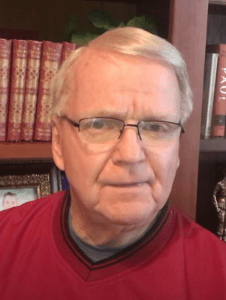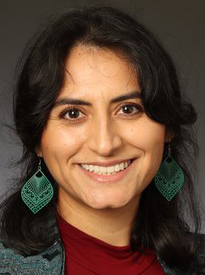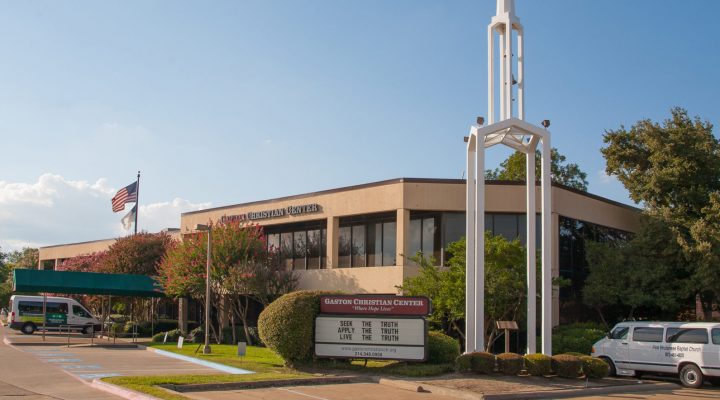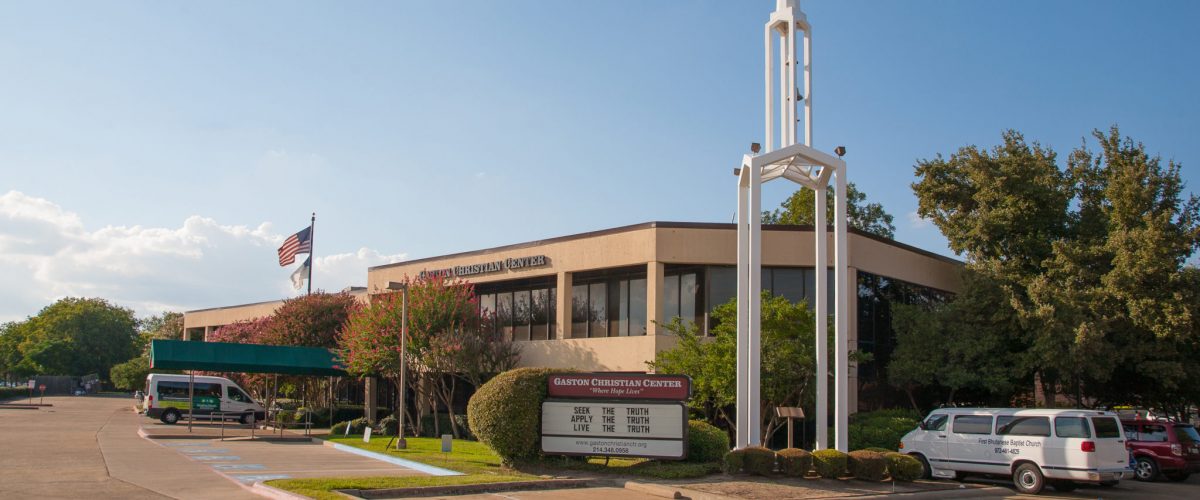I remember the first Monday in February of 2010. I was on my way to Gaston Oaks Baptist Church in Dallas to serve as interim pastor to an aging congregation with a 62,000-square-foot facility. The church at that time had 90 people present, and they asked me to help them figure out what the future of a declining church would likely be.
I drove into an empty parking lot. I had no idea this would be the first of many such memories over the next 14 years. At the time, my wife and I were members of Wilshire Baptist Church, also in Dallas.

Gary Cook
I met with our pastor, George Mason, to tell him about the idea. He said: “Gary, I have many friends at Gaston Oaks Baptist Church, and am quite interested in its future. I will be glad to help any way I can. The first thing is to assign my associate pastor, Mark Wingfield, to help you.”
Mark and I, along with both Gaston Oaks and Wilshire members, went to work. This group included people who had played prominent roles in Texas Baptist life and what was then Southern Baptist life. The working committee we formed included a former denominational administrator, a foreign missionary and several other proven leaders.
This, indeed, was an experienced and knowledgeable group, and they wanted to honor the church’s rich history of worldwide mission work. Their firm commitment to missions was the legacy of the former congregation, Gaston Avenue Baptist Church, previously located in central Dallas since 1889.
Missions. It was in the church’s DNA. And this commitment migrated right along with the remaining congregation in 1998 to northeast Dallas and became my congregation, Gaston Oaks Baptist Church.
The committee brainstormed various solutions because the church could not continue to pay for the upkeep of their large facility. Finally, we decided to try something innovative, creative and what some would consider radical. We decided to call this new thing the Gaston Christian Center, or GCC.
The Gaston Christian Center would become a place for numerous nonprofits and ethnic congregations to flourish.
None of us knew if this new thing would last even six months. In 2013, GCC was granted tax-exempt status, and the church provided its land, space and infrastructure to be used by civic- and community-minded organizations and ministries. The Gaston Christian Center would become a place for numerous nonprofits and ethnic congregations to flourish.

Nataly Sorenson
Today, GCC is led by Executive Director Nataly Mora Sorenson, an ordained Baptist minister and licensed social worker who is the daughter of Mexican immigrants and a graduate of Baylor University’s Truett Seminary and Garland School of Social Work.
Nineteen organizations are based in the building, providing services such as dental care, education, immigration support, refugee resources and food distribution, as well as meeting the spiritual needs of people from the Middle East, Central and South America, Africa, Burma, Thailand, Korea and Cambodia.
We estimate at least 38,000 people are impacted yearly by the organizations in the GCC facility. These Include:
- Afrika Fellowship
- Agape Baptist Church
- Bakke University
- Baptist News Global
- Bethesda Hope Ministries
- Full Circle Bakery
- Full Gospel International Ministries/Zomi Church
- Gaston Oaks Baptist Church
- Gateway of Grace, which empowers refugees to become thriving and contributing members of society
- Healing Hands Ministries, a community health center
- Healing Hands Community Church
- Iglesia Cristiana Pentecostes Misericordia Divina
- Iglesia El Shaddai Ministries, with Chaplain Carina Sarmiento
- Kids U, meeting the educational needs of low-income children
- Korean American Sharing Movement
- La Promesa Church
- Light of Hope Immigration Center
- Love All People Church
- The Center for Healthy Churches
Recently, I attended the graduation ceremony for Gateway of Grace. The fellowship hall at Gaston Christian Center was packed with people from the Middle East, Africa, Asia, Central and South America and beyond.
I did not speak their language. However, I could see little children and people from all ages enjoying a great moment in their lives.
Samira Izadi Page and her husband, Dennis Page, lead Gateway of Grace. They never aggressively approach people they serve with the question, “Do you want to become a Christian?” The folks to whom they minister see the sign and ask, “What is grace?” They answer the question by explaining grace, then saying we have a Bible study to which you can come.
Many of them are interested in coming just as a way of learning more about the religion of most Americans. When they come, they hear about Jesus, who lifted the status of women. This is a new concept to many of the women, and some choose to become followers of Jesus. This is one of the many extraordinary stories of hope found at the Gaston Christian Center.
The mission of GCC and its donors is to provide holistic support to our communities through a campus of nonprofits and churches guided by Christian principles of compassion, love and service.
We offer an opportunity for like-minded individuals, businesses and churches who see the benefit in GCC’s ability to provide below-market-rate office space to partner with us, thus allowing more organizations to use their donated dollars to change lives in our communities and around the globe.
GCC is committed to an inclusive environment where all are welcomed, respected and empowered to maximize ministry and resources to the communities they serve.
If you are interested in learning more about the Gaston Christian Center regarding our partners in the facility, rental space availability, how to collaborate with us via donations or how to replicate something similar in your congregation, reach out to Executive Director Nataly Sorenson at or visit our website.
Gary Cook serves as pastor of Gaston Oaks Baptist Church in Dallas and previously was executive director of Gaston Christian Center. He has been a pastor and denominational leader six decades.
Related articles:
Hospitality on the corner: Gaston Christian Center
Photo gallery: Gaston Christian Center
Where the colors of the world worship together
This is how quickly someone can become a refugee
What I’ve learned from race conversations with refugees and immigrants


